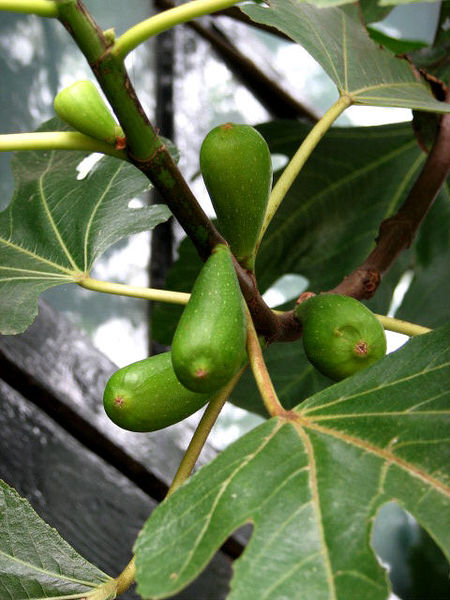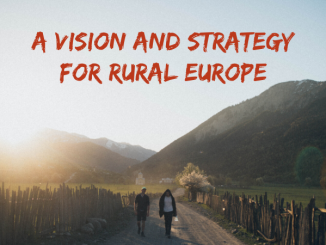“CAP monologues” is not a new theatrical piece but rather a reflection of the absence of a real dialogue and debate on CAP in Greece. Due to the current economic crisis there are not many players left on the ground. Only the positions of the Ministry of Agriculture and the Greek Farmers Cooperatives are prominent in the media.

The main farmers unions, which used to play an important role in such negotiations, have been left either paralysed without funds and with many administrative problems like GESASE, or abolished last year like SYDASE. Both these farmers unions and the Pan-Hellenic Confederation of Unions of Agricultural Co-operatives (PASEGES) have been under financial scrutiny in order to verify the correct use of their funds.
From this process, which has not been completed, only PASEGES seems to have survived. Recently, PASEGES managed to submit a proposal and get funding from the EU to organise a series of local informative debates all over Greece with regards the future and implementation of CAP in Greece. PASEGES´ position tries to straddle correcting the errors of the past and moving forward. As its main objectives it refers to: the internal regional convergence, the active farmers receiving aid, food security for Greece, support for the animal production which is very weak as well as the rural development and less favourable regions. In fact, the controversial personal opinion of the President of PASEGES Gianetos Karamichas expressed in one of his speeches was that if we want to develop Greek agriculture we need to put all the funds in the Pillar 2. In the past the second Pillar has not received the respected attention.
The Greek Association of Animal Farmers and member of PASEGES is also active in the CAP debate especially as the sector going through a severe economic crisis (17.000 of animal farmers have left the profession the last years). The President of the Association Mr. Peveretos in one of his speeches pointed out that it is the first time that a CAP reform happens and the Ministry has not been in dialogue with the farmers (comparable to the situation in Spain see my previous blog). Similarly, the Pan-Hellenic Union of Animal Farmers denounce that the announced direct payments for the pastures are very low and they will mean the end of the animal farming (11-12 euros per 1000 square meters instead of 24 -30 euros ).
At the same time, I can add that hardly any environmental non-governmental organisation is dealing with the issue of CAP and one can find, only with difficulty, the preferences of agronomic associations, political parties or others on CAP reform.
Therefore we could say that the Ministry of Agriculture is holding the future of agriculture in Greece in terms of forming policy and distributing the money. And as far as the implementation of the new CAP is concerned the measures are under development by the Ministry. However, when the proposed measures will be ready there will be shared with the “relevant” stakeholders for comments. It remains to be seen who are the relevant stakeholders. Contacting the Ministry of Agriculture they reassured me that will respond to me by the end of November.
The most recent information on the position of the Greek Government with regards the new CAP is described in the speeches of the leaders of the Ministry of Agriculture during the visit of the Commissioner of Agriculture, Dacian Ciolos in Athens in the mid of October. In his honour the 2nd Conference on Agriculture Development on CAP in the period of 2014-2020 was organised. The absence again of representatives of farmers in the programme of the conference was striking.
There, the Greek Minister of Agriculture, Athanasios Tsaftaris, gave a vision for Greek agriculture painted with the bright colours of quality agriculture, food security, strong exports, sustainable rural development, young farmers, less unemployment, ready to face climate change, good practices and use of our resources such as the water, the biodiversity, the energy, chemical inputs and fertilisers. As main strategies to achieve all that, the Minister stressed the boosting of the production of quality products for internal consumption and for exports, the equal development of the plant and animal production, the transfer of knowledge and synergies between universities, administration and farmers, the restructuring of cooperatives in a more operative model, the support of pastures and the cultivation of local proteins for animal feed, as well as the support of young farmers: this is a vision that most people would wish for Greece.
However, we are awaiting to see the proposed practical measures that will lead Greece to this vision.





